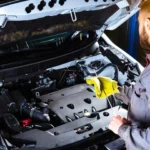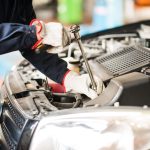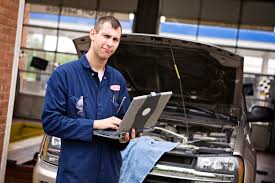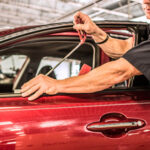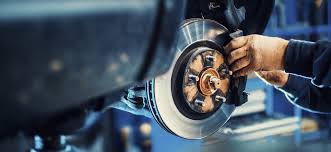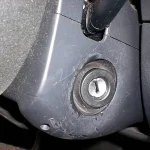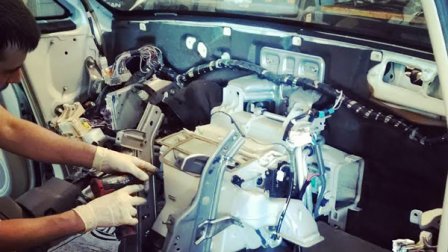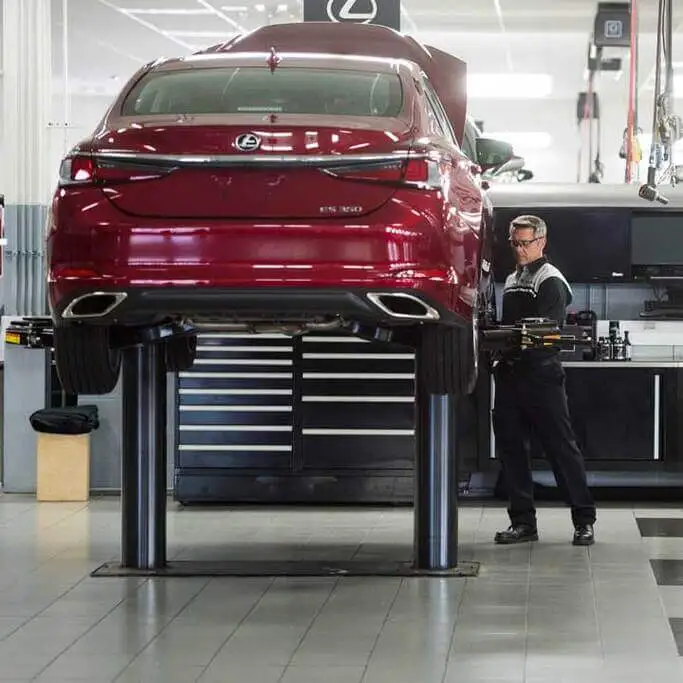Cars are essential to our daily lives, and like any machine, they need regular maintenance and occasional repairs. When your car has an issue, the big question arises: should you try to fix it yourself or call a professional mechanic?
While some repairs are simple enough for DIY enthusiasts, others require the expertise of a trained technician. Making the right choice can save you time, money, and stress. Let’s explore when to take matters into your own hands and when to leave it to the experts.
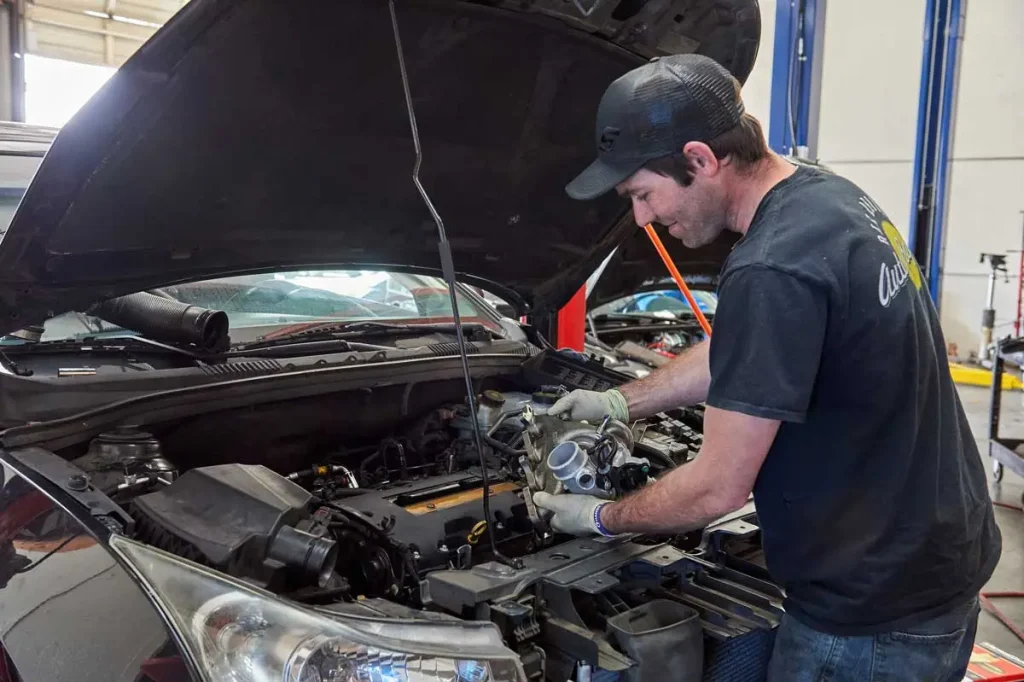
Content
The Pros of DIY Car Repairs
Save Money
One of the biggest advantages of DIY car repairs is cost savings. By doing the work yourself, you avoid labor charges, which can be a significant part of professional repair bills.
Learn New Skills
Working on your car is a great way to understand how it works. You gain valuable skills that can come in handy for future repairs or emergencies.
Flexibility
DIY repairs allow you to work on your schedule. There’s no need to wait for an appointment at the repair shop.
The Risks of DIY Car Repairs
Lack of Expertise
Cars are complex machines, and without proper knowledge, you might misdiagnose the problem or fix it incorrectly.
Special Tools Needed
Many car repairs require specialized tools that the average person doesn’t own. Investing in these tools can be expensive.
Time-Consuming
DIY repairs can take longer, especially if you’re learning as you go. For busy individuals, this might not be practical.
Repairs You Can Safely Do Yourself
Replacing Windshield Wipers
Changing your windshield wipers is a simple task that usually requires no tools. Most wipers come with easy-to-follow instructions.
Changing Air Filters
Both the engine air filter and cabin air filter are easy to replace. With a little guidance from your car’s manual or a tutorial, this task can be completed in minutes.
Replacing Headlights or Taillights
Swapping out a burnt-out bulb is usually straightforward. Check your owner’s manual for the right type of bulb and instructions.
Battery Replacement
Replacing a car battery is another simple job. Make sure to disconnect the negative terminal first to avoid short circuits.
Oil Changes
If you have the tools and space, changing your car’s oil can be a manageable task. However, it requires proper disposal of the old oil, which may not be convenient for everyone.
When to Call a Professional
Engine Problems
The engine is the heart of your car, and its systems are highly intricate. If you hear strange noises, notice reduced performance, or see warning lights on your dashboard, it’s best to call an expert.
Transmission Issues
Transmission problems are complex and often require specialized knowledge and tools. Attempting to fix them yourself could lead to more damage and higher repair costs.
Brake Repairs
While replacing brake pads might be manageable for experienced DIYers, anything beyond that, like fixing hydraulic systems or replacing rotors, should be handled by a professional. Faulty brakes can be dangerous.
Electrical System Problems
Modern cars rely heavily on electronics, and diagnosing electrical issues requires advanced equipment. Attempting DIY repairs in this area can cause more harm than good.
Air Conditioning Repairs
Car air conditioning systems involve refrigerants and sealed systems. Repairs require specific tools and certifications, making this a job for the experts.
Signs You Should Call a Mechanic
Dashboard Warning Lights
If a warning light appears, it’s often a sign of a problem that needs professional attention. While some lights, like the “low fuel” indicator, are straightforward, others, like the check engine light, require a diagnostic scan.
Persistent Problems
If you’ve tried a DIY fix and the problem persists, it’s time to consult a professional. They can identify underlying issues you might have missed.
Odd Noises or Smells
Unusual sounds, such as grinding or squealing, or strange smells, like burning rubber or fuel, often indicate serious problems that require expert help.
Balancing DIY and Professional Repairs
Know Your Limits
It’s important to recognize your skill level and comfort zone. Attempting repairs beyond your expertise can lead to costly mistakes.
Use Reliable Resources
If you’re attempting a DIY repair, make sure to use trustworthy guides, tutorials, or manuals. Incorrect information can lead to improper fixes.
Don’t Ignore Safety
Some repairs, such as those involving brakes or steering, directly impact your safety. If you’re unsure about a repair’s safety implications, it’s better to call a professional.
How to Choose the Right Mechanic
Check Reviews and Recommendations
Ask friends, family, or online communities for recommendations. Reading reviews can help you find a trustworthy mechanic.
Look for Certifications
Certified mechanics, such as those with ASE (Automotive Service Excellence) credentials, have proven expertise.
Ask Questions
Don’t hesitate to ask about the mechanic’s experience with your car’s make and model. A good mechanic will be happy to answer your questions.
Get a Written Estimate
Before agreeing to repairs, ask for a detailed estimate. This helps you understand the costs and avoid unexpected charges.
Conclusion
Deciding between DIY car repairs and calling a professional comes down to the complexity of the issue, your skill level, and your resources. While DIY repairs can save money and teach you new skills, some problems are best left to experts to ensure safety and reliability.
By knowing your limits and understanding the risks, you can make informed decisions that keep your car running smoothly without unnecessary stress or expense. Whether you’re replacing windshield wipers or tackling an engine issue, the key is to choose the option that works best for you.

Daniel is the eco-conscious auto whisperer. His blog doesn’t preach; it educates on the world of green transportation. It’s your guide to reducing your carbon footprint without sacrificing style or speed.

